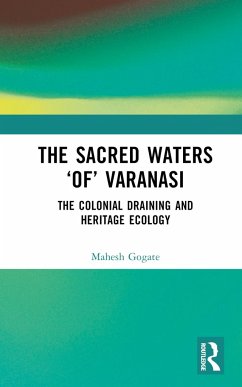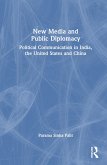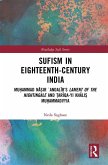This book on urban water bodies, catchment areas and drainage pattern is set against the backdrop of the unprecedented heavy rainfall that severely deluged metropolitan cities and other parts of India in recent years. The recurring natural catastrophes in water-stressed cities of India and alarming rate of diminishing water bodies, wetlads and catchment areas needs a re-visit to an entire urban water-cycle. This book, thus, discusses how the processes and implementation of colonial urban development policies and projects have radically transformed the water bodies and their catchment areas - traditional water holding systems of Varanasi city. In this imperative colonial process, through the case study of Varanasi, the book mainly engages with the reasons behind the elimination of the temple tanks and ponds after the annexation of Varanasi by the British from 1775 till 1947. The book investigates the colonial notion of 'dry city', and how this notion crafted the process of separating land and water bodies, which arguably resulted in the reclamation and draining of water bodies, and also gave rise to water pollution. Additionally, the book analyzes the elimination of water bodies and loss of catchment areas through the ongoing processes of restoring the ancient city's natural and cultural heritage. Print edition not for sale in South Asia (India, Sri Lanka, Nepal, Bangladesh, Pakistan and Bhutan)
Hinweis: Dieser Artikel kann nur an eine deutsche Lieferadresse ausgeliefert werden.
Hinweis: Dieser Artikel kann nur an eine deutsche Lieferadresse ausgeliefert werden.








